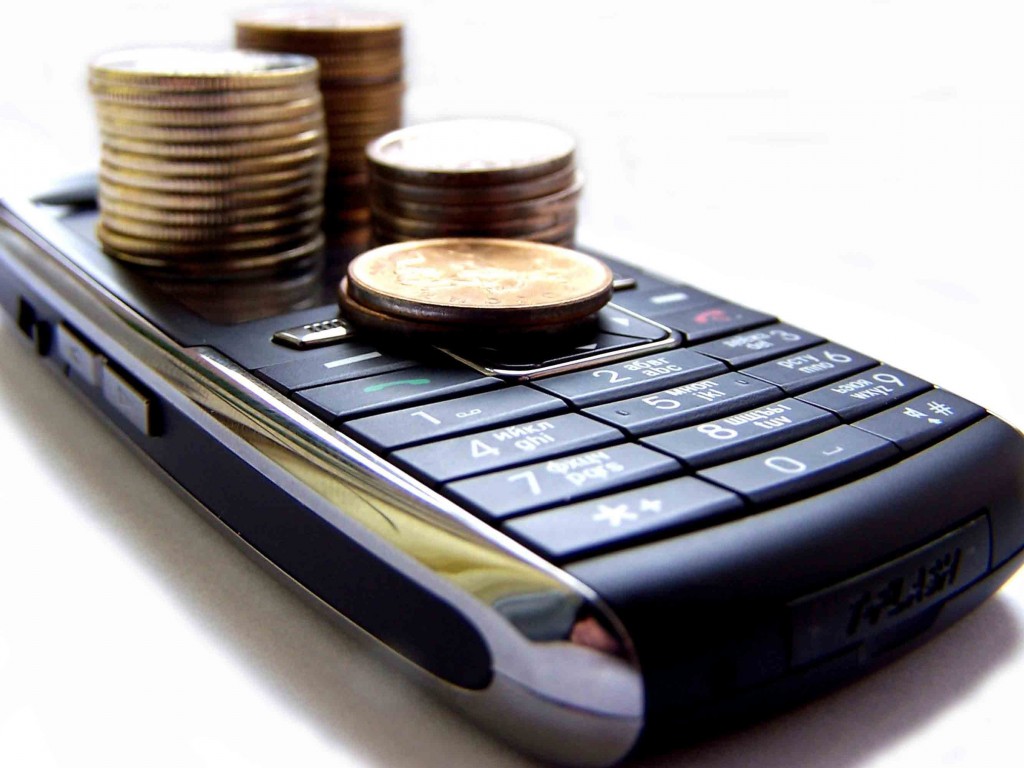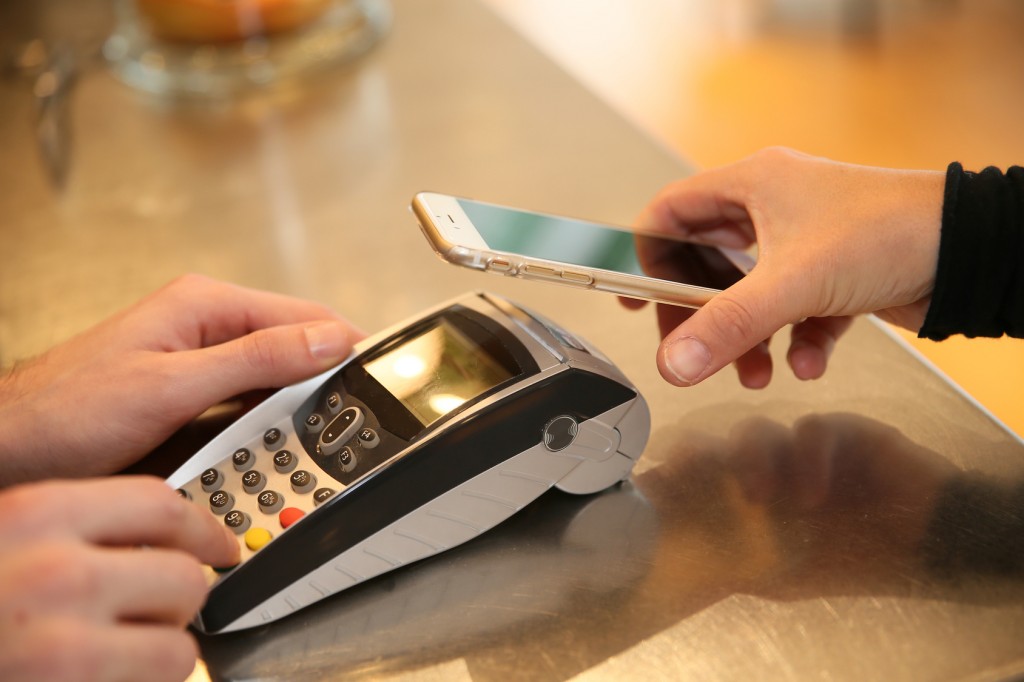MOBILE BANKING IN AFRICA: AN INSPIRING MODEL FOR THE EUROPEAN MARKET ?
In November 2010, the Financial Access Initiative – a consortium of researchers from New York university, Harvard, Yale and Innovation for Poverty Action – published a study showing that half of the world population is unbanked, the equivalent of 2.5 billion adults.
Not having a bank account, these adults do not have access to the associated payment methods either. So who are these adults? They live essentially in Latin America, Asia, Middle East and Sub-Saharan Africa. Deprived from basic financial services (money transfer, debit cards, saving accounts …), they also have a limited access to services such as energy, telecommunication or the possibility to raise a capital.
This banking exclusion is often one of the factors that slow down the economic dynamics of a region. Various studies of the World Bank assert that a better access to the financial system can favor job creation, reinforce investments and allow the poorest populations to absorb the financial shocks. To alleviate this problem, a number of solutions have been developed not only by banks but also by telecommunication operators. This is the case in Africa, where the population is not necessarily equipped with a bank account but where the majority of people own a mobile phone. In fact, with mobile banking, no need to have a smartphone, a simple mobile phone can be enough to access banking services.
Mobile Phones, to access banking services
 Mobile banking solutions offer to clients the possibility to conduct everyday banking operations on their mobiles: subscribed clients to a mobile phone network have an e-account linked to their SIM card. Through this account, they can make transactions (a simple exchange of text messages enables them to pay in a shop or settle water and electricity bills or even taxes) and even save money if it is a credit account. Clients can also put money in their accounts through aggregated sale points or check their salaries directly on their mobiles.
Mobile banking solutions offer to clients the possibility to conduct everyday banking operations on their mobiles: subscribed clients to a mobile phone network have an e-account linked to their SIM card. Through this account, they can make transactions (a simple exchange of text messages enables them to pay in a shop or settle water and electricity bills or even taxes) and even save money if it is a credit account. Clients can also put money in their accounts through aggregated sale points or check their salaries directly on their mobiles.
Mobile banking in Africa : an undeniable success despite the regulatory barriers limiting its development
Although mobile banking solutions were initially brought by telecommunication operators, banks are also present in this high potential market and are willing to gain ground in the field: according to Ecobank, the revenues generated from mobile banking in the countries located between the Sahara and South Africa should shift from 657 million dollars to 3.53 billion dollars in 2017.
Today, we can distinguish two main models in Africa:
- The Non-Bank Based model (NBB): every company, generally a telecommunication operator, can directly provide banking services without going through a bank (this model is today the one adopted in Kenya).
- The Bank Based model (BB): a license is necessary to provide banking services. Banks provide mobile banking services after they have settled agreements with telecommunication operators that cannot enter the market by themselves (this model is today the one adopted in Nigeria). This model is however a more appropriate solution in markets where banking penetration is more important. It is also more expensive which decreases the accessibility of the offered services. According to a report made by the CGAP (in French, Groupe Consultatif d’Assistance aux plus Pauvres), services provided by telecommunication companies are on average 19% less expensive than the one offered by the so called “traditional” banks.
The regulatory environment is the main factor that favors the emergence of one of the two models mentioned earlier. According to the International Telecommunication Union (ITU), regulatory bodies of the banking activity should ensure not to impose too strict regulations that would deprive certain organisms for the sake of others. It is for example the case in Central Africa where only banking institutions can get licenses. In addition to that, because of the lack of institutional support, areas where telecommunication operators and banks have little interest to invest can get marginalized.
The success of mobile banking in Africa remains undeniable: simplicity, accessibility and low cost formed a winning combination. In 2013, Safaricom (subsidiary of Vodafone) released its mobile service M-Pesa that counted 16 million active users in Kenya (90% of adults) and transactions valued at 1.2 million dollars each month. Orange Money counted 12 million users spread over 10 countries of West Africa while MTN registered 22 million users in 22 countries. Still, a number of other countries remain unconquered such as Côte d’Ivoire and Egypt where just 10% of the population is equipped with a bank account.
A model for Europe ?
Would the success of mobile banking in Africa inspire Europe and more specifically France? Nothing could be less certain. In Africa, the considerable unbanked population joined to the late takeoff of the mobile industry is what leveraged mobile banking. The situation is of course different in Europe where the market is mature and the populations are highly banked.
In Europe, the banking offer is indeed denser and more qualitative and the banking networks are much larger, limiting thus the opportunities for operators to substitute banks. Telecommunication operators therefore first addressed the 8% of the unbanked population of the ODCE (in French Organisation de Coopération et de Développement Économiques): Vodafone launched M-Pesa – the mobile banking application – in Romania and is considering to eventually develop it in other eastern countries such as Albania and Poland.

So are the French banks safe ? Absolutely not. In fact, the objective of operators and most specifically the French operator Orange is to go beyond the unbanked populations. In 2014, Orange signed a partnership with Visa to launch the payment application Orange Cash in a limited number of French Cities such as Lille, Nice, Rennes …. It is however not over: Stéphane Richard , Orange CEO, announced in 2013 that by 2020, half of the payments in Europe will be done through mobile phones and 40% of the mobile phones sold by Orange in France are already compatible with the NFC technology. In fact, Orange announced that by 2017, a new bank will see the day in France « Orange Bank ».
So would telecommunication operators convince French customers? Being very sensitive to security issues; the latter give a lot of importance to the reliability of their payments. Being the ones to supply the SIM cards that carry the NFC, telecommunication operations are already positioning themselves on this technology. However, convincing users of the security of this payment method remains a challenge. Operators should therefore create a differentiating value proposition to establish themselves in the market: mobile payment should meet a real need like it is the case in Africa. If there are no further advantages in comparison to the credit card payment, it is probably not worth it. “Centralized management of loyalty cards, transportation passes, and information scanning from products’ packages …” Everything is still to be invented!